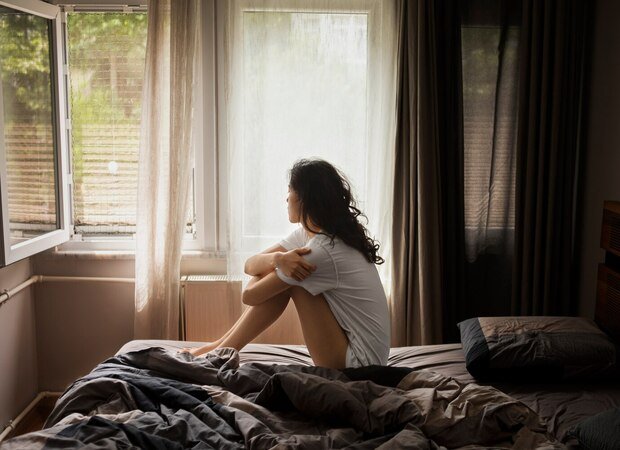ANXIETY


Anxiety is a frequent emotional reaction to stress, marked by feelings of fear, concern, and discomfort. While occasional anxiety is a normal part of life, chronic or excessive anxiety that interferes with daily activities may indicate an anxiety disorder. It affects people of all ages and can significantly impact one’s mental and physical health if left untreated.
At Psychowellness Center, one of the top mental health facilities in West Delhi, experienced psychologists provide evidence-based treatment for anxiety. The center offers personalized care through cognitive-behavioral therapy, relaxation techniques, and mindfulness practices to help individuals regain control and lead balanced lives.




Effective treatment usually involves a combination of therapy, lifestyle modifications, and, at times, medication.
Therapeutic Approaches:
Acceptance and Commitment Therapy (ACT): Encourages embracing difficult emotions


An accurate assessment is crucial for evaluating the severity and specific type of anxiety.